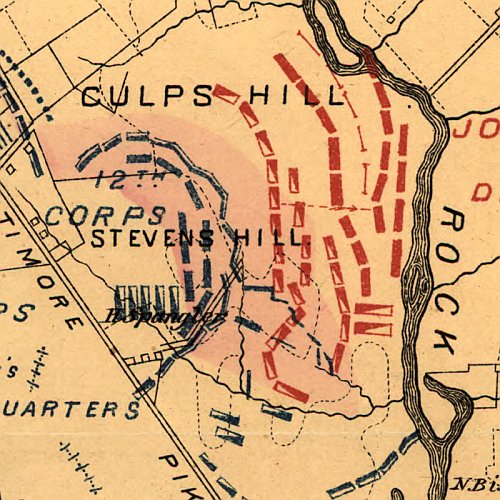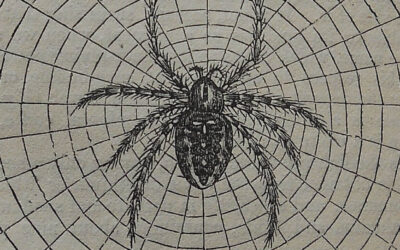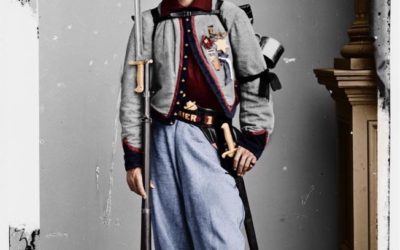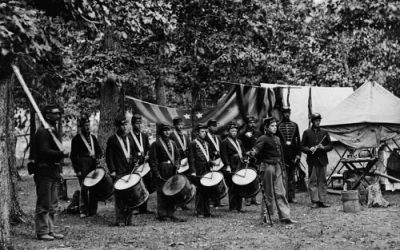Featured categories
Latest Posts

Exploring Math and Statistics Through the Battle of Gettysburg
The Battle of Gettysburg, one of the most significant battles of the Civil War, provides a wealth of historical information that can be transformed into engaging math lessons for students. By analyzing the numbers and statistics surrounding the battle, educators can...

The Revenue Act of 1861
Today in 1861, President Lincoln signed the Revenue Act, introducing a federal income tax. Facing financial challenges in prosecuting the Civil War, Lincoln and Congress reached an agreement to levy a 3 percent tax on annual incomes exceeding $800. In March of...
Happy Halloween – Spiders
Soldier deaths during the Civil War were common however, the October 14, 1862 edition of the Charlotte Democrat describes the unfortunate events that lead to the death of a soldier from North Carolina. When you hear of a soldier dying during the Civil War you...
The Civil War in Color Series: Francis Brownell
My colorization of Francis Brownell who received the Medal of Honor for killing James W. Jackson after Jackson shot Col. Elmer E. Ellsworth, colonel of the 11th New York Volunteer Infantry Regiment. Although Brownell didn't receive the award until 1877, a dozen years...
Developing Civil War Photographs
Wet-plate photography was the style of photography utilized during the American Civil War. It took a lot of time and effort to take the pictures. Photographers had to bring a cart with all of their bulky equipment, including a mobile darkroom, to the...
Using Google Maps to Explore the Civil War
https://www.youtube.com/watch?v=1PH0HVy1a4g
Popular Songs of the Civil War
Soldiers in both armies had their own favorite songs to sing and listen to. Sometimes they sang while marching to keep up their spirits. Union soldiers liked patriotic and sentimental songs. The Battle Cry of Freedom was a Union favorite. Some other...
Civil War Field Music
Field music was the backbone of the armies during the Civil War. Field music was made up of fifers, drummers, and buglers and their job was to use their instruments to communicate orders to the troops. Their job was to regulate a soldier's life...



